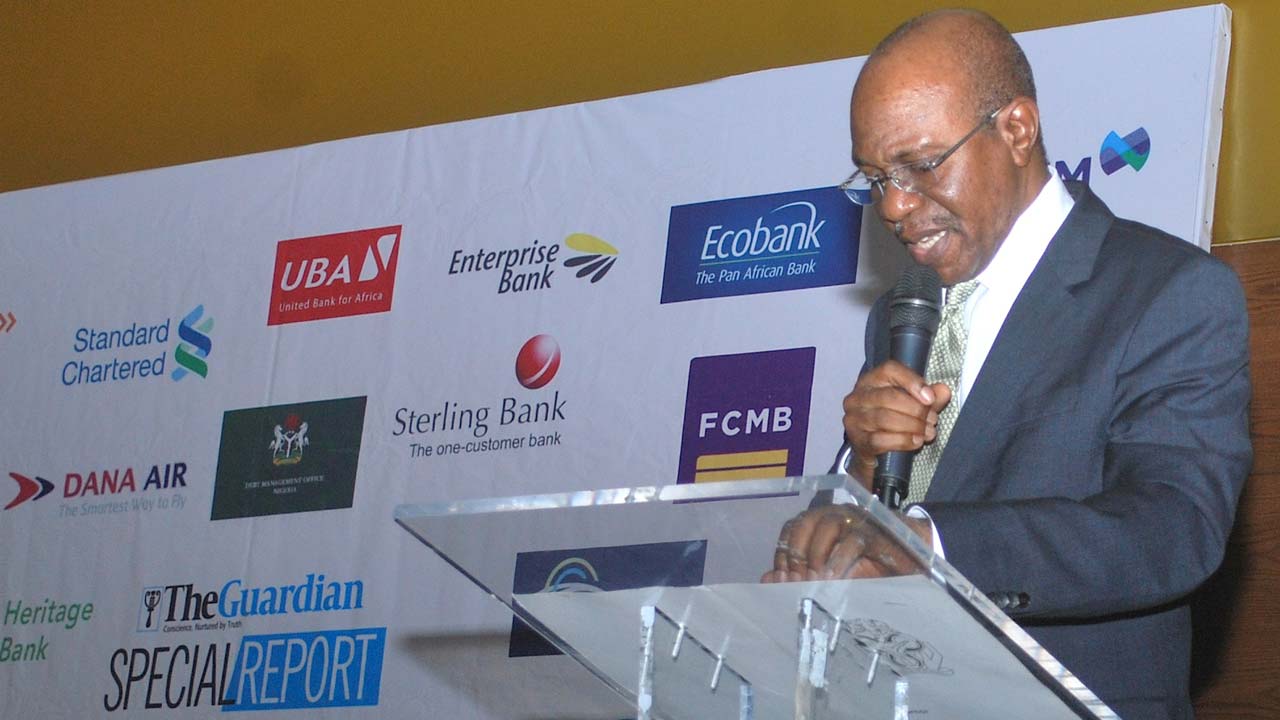Global rating agency, Moody’s Investor Service, recently revealed it current ratings of some seven mega banks including Zenith, GTBank and five others, saying the banks have maintained solid competence even in the face of recession.
This is coming after some international reports said the Nigerian banking industry is in a full blown crisis considering the surging of non-performing loans in the industry has risen to 11 per cent.
But while some banks may be in need of capital, the apex bank had assured that Nigerian banks are strong enough to absorb the losses that may arise from the non-performing loans.
Fitch, another international ratings agency, had earlier acknowledged that other key concerns in the banking industry include forex scarcity, weakening capital adequacy ratios, and the sovereign’s ability to support banks, given its weaker financial flexibility.
However, having downgraded some banks, the rating agency said: “If current challenges do not ease, the banks could face further downgrades.” Experts say the development may be supporting the recent position of Dubai based Arqaam Capital, which corroborated the matter saying some banks were undercapitalized and close to being insolvent.
From the report said Zenith Bank Plc was assigned Aaa.ng/NG-1; Guaranty Trust Bank Plc Aa1.ng/NG-1; Access Bank Plc Aa2.ng/NG-1; United Bank for Africa Plc Aa2.ng/NG-1; Sterling Bank Plc A1.ng/NG-1; and First Bank of Nigeria Limited A2.ng/NG-1. Bank of Industry was also assigned a national scale local currency issuer rating of Aa1.ng/NG-1.
Despite the rising non-performing loans in the Nigerian banking industry, Moody’s said the bank’s balance sheet and level of profitability as well as a strong asset base will keep them resilient to the downsides of the rising NPLs.
Just as the report placed Zenith at an enviable position considering the points gathered by the bank, it noted further that GTBank’s national scale ratings capture the bank’s resilient earnings generating capacity and robust capital buffers, which together provide a relatively thick cushion to withstand asset quality deterioration compared with domestic peers. The bank is said to have high liquidity buffers and a predominantly deposit funded balance sheet and early adoption of electronic banking platforms, which has allowed it to establish a robust retail franchise.
The report added that “These strengths are partially moderated by concentration risks in the bank’s loan book, including loans to the oil and gas industry (39.2 per cent of gross loans) and loans denominated in foreign currency (55.6 per cent of gross loans).
GTBank’s exposure to the oil and gas sector is significantly higher than the banking system average of 29 per cent as at June 2016, exposing it to greater asset quality volatility than most peers. However, Moody’s notes the bank’s high level of profitability and capital, which provide large loss-absorbing buffers. As of June 2016, GTBank’s preprovision income to average total assets of 9.5 per cent and TCE of 18 per cent were the highest out of Moody’s rated Nigerian commercial banks.
However, with NPL level of 23 per cent, Moody’s said First Bank of Nigeria’s national scale ratings capture its high and resilient pre-provision profitability, with the first half of 2016 annualized pre-provision profits amounting to around 4.7 per cent of total assets; and stable, deposit-based funding structure and high liquidity buffers in local currency.
Moody’s added that “These strengths are balanced against the bank’s deteriorating asset quality metrics, with NPLs accounting for around 23 per cent of gross loans as of June 2016 (against a system average of around 11.7 per cent) reflecting historically weak underwriting standards and the currently challenging operating domestic environment, as well as significant exposures to the troubled oil and gas sector and a high proportion (over 50 per cent) of foreign currency lending.
“These exposures make FBN relatively more sensitive to downside risk scenarios than its immediate domestic peers; tight foreign currency liquidity (borrowings from correspondent banks declined to N14 billion in 2015 from N188 billion in 2014); and modest capitalization buffers.”









